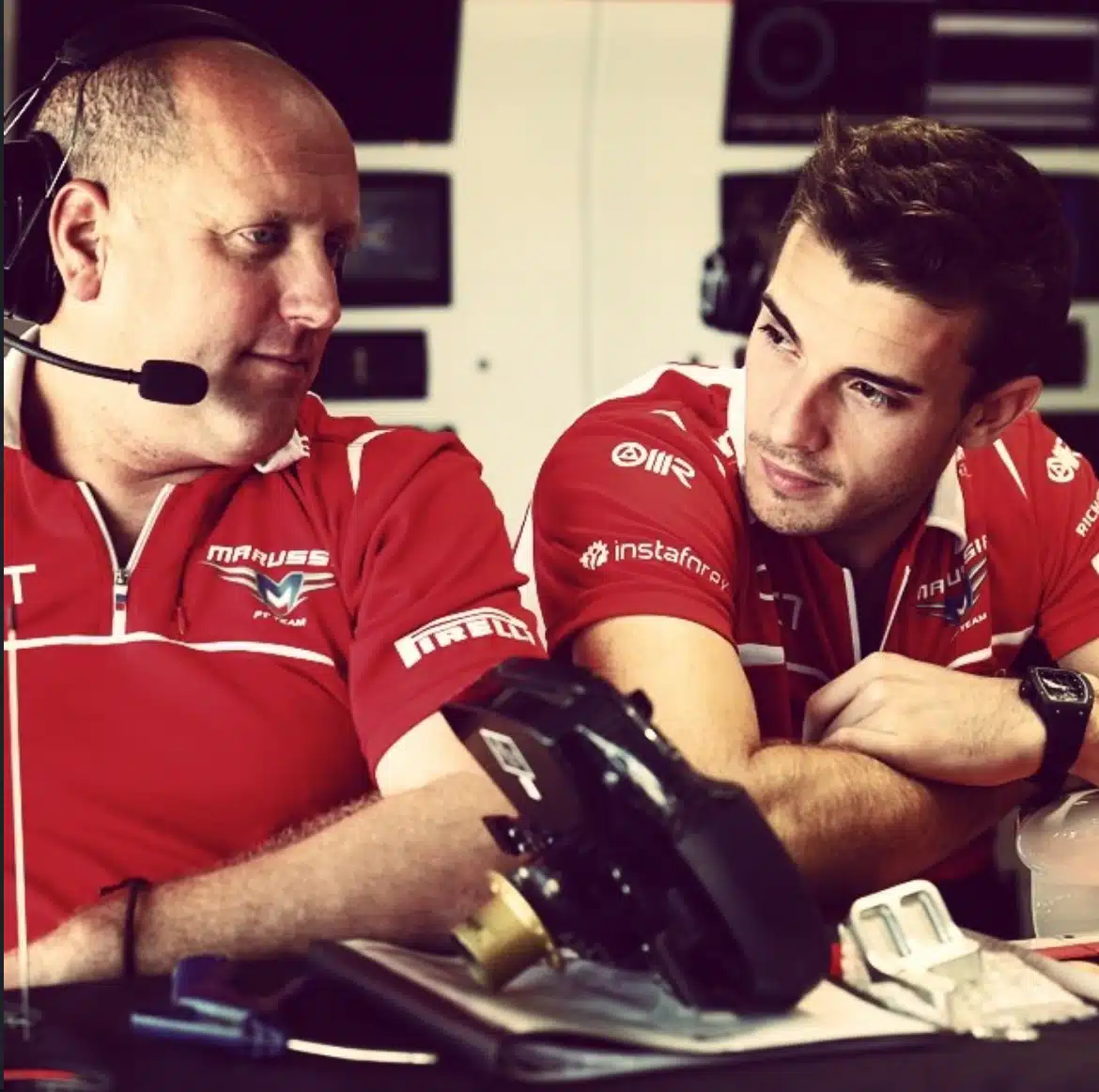Jules Bianchi: ten years gone, but his memory lives on
Ten years ago, Jules Bianchi passed away in a Nice hospital after nine months in a coma following a terrible accident on the Suzuka circuit in Japan during a Formula 1 race.
At just 25 years old, he had conquered the world of motorsport with his raw talent, humility, and exceptional maturity behind the wheel. Jules Bianchi was born on August 3, 1989, in Nice, where he grew up surrounded by the sound of engines. The son of a karting manager and grandnephew of Lucien Bianchi, a former F1 driver and winner of the 24 Hours of Le Mans, Jules first got behind the wheel of a kart at the age of 4 on his father’s track in Brignoles in the Var region.
From the very beginning of his competitive career, his talent was obvious. At the age of 15, he finished second in the French karting championship. Two years later, in 2006, he finished third in the world championship in Marienburg, Belgium. The young Frenchman was then spotted by Nicolas Todt, son of Jean Todt, then boss of Scuderia Ferrari. From that moment on, his sporting career took off. In 2007, Jules made his single-seater debut in Formula Renault and won his first race. He followed this with two seasons in Formula 3 at the wheel of an ART. Third in 2008, he clinched the title in 2009.
A French hopeful
In 2010, he entered Formula 2, the final step before Formula 1. He secured several podium finishes and came third in the championship twice, in 2010 and 2011. During that last year, he completed his first free practice sessions in F1 at the wheel of a Ferrari and officially joined the Scuderia as a reserve driver.
At the same time, he competed in the World Series by Renault in 2012, where he finished as runner-up. That same year, he became a reserve driver for Force India before being offered an unexpected opportunity: to replace Luiz Razia at Marussia for the 2013 season.
The adventure at Marussia was difficult for him, as the team lacked resources, but Jules impressed everyone. At the 2014 Monaco Grand Prix, he achieved the unthinkable by finishing 9th in the race, earning the team its first points in history. A few weeks later, at the Hungarian Grand Prix, he made it through to Q2 in qualifying and eliminated Kimi Räikkönen, the 2007 world champion. From that moment on, everyone thought the same thing: a future Ferrari driver was emerging.
The night everything changed
But tragedy struck, turning his entire career upside down. On October 5, 2014, during the Japanese Grand Prix in Suzuka, he was involved in a tragic accident. Despite heavy rain and the approach of a typhoon, the organizers refused to delay the start of the race. On the 42nd lap of the Grand Prix, Adrian Sutil spun off the track. A crane was deployed to remove his car. However, no safety car was sent out to slow down the cars and ensure everyone’s safety. One lap later, at the spot where Sutil had spun off, Jules lost control of his car due to aquaplaning. He hit the crane at exactly 126 km/h. The impact was fatal. He suffered a severe head injury and fell directly into a coma.
He fought for nine months to try to wake up, but unfortunately, he died from his injuries on July 17, 2015, at the Nice University Hospital.
The death of Jules Bianchi shocked the automotive world. His accident sparked a major debate about the safety of single-seaters. This led to the installation of the “Halo” protection system, which has been mandatory on all single-seaters since 2018. According to many experts, this device would probably have saved his life that day.
An ongoing commitment: the Jules Bianchi Association
To keep their son’s memory alive and continue his commitment, his parents founded the Jules Bianchi Association in 2015. Its goal: to support medical research into traumatic brain injuries, help families of victims of similar traumas, and promote safety in motorsports. Based in Nice, the association regularly organizes charity events, commemorative races, fundraisers, and auctions of drivers’ memorabilia.
Ten years after his death, Jules Bianchi remains a shooting star in the history of Formula 1. His legacy lives on through those he inspired, such as Charles Leclerc, his godson and friend, now a driver for Ferrari.
Source article : https://www.nicepremium.fr/sports/jules-bianchi-dix-ans-dabsence-une-memoire-intacte/




